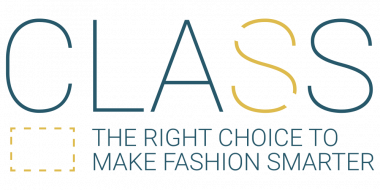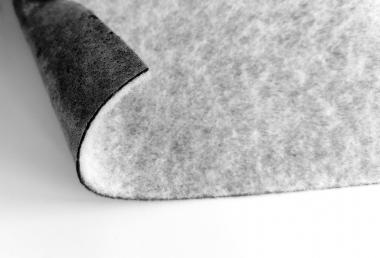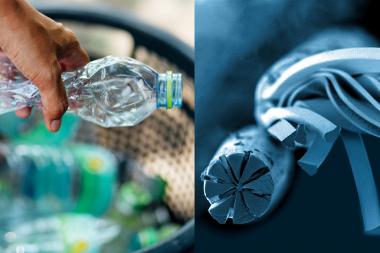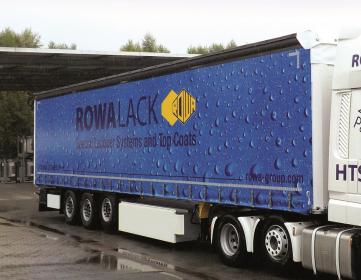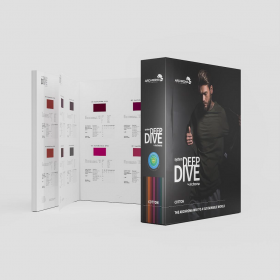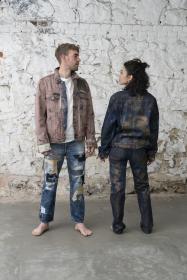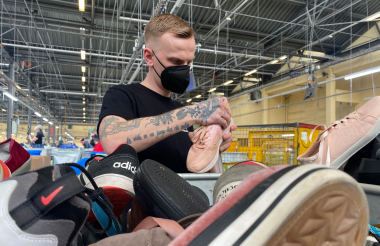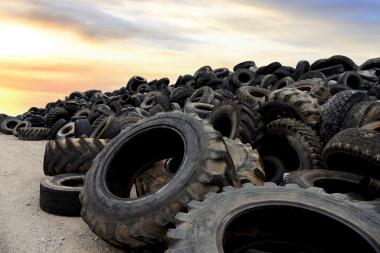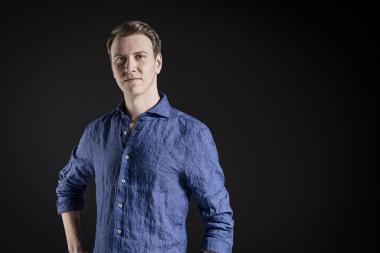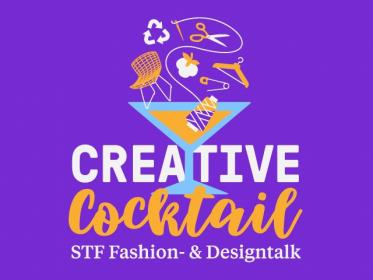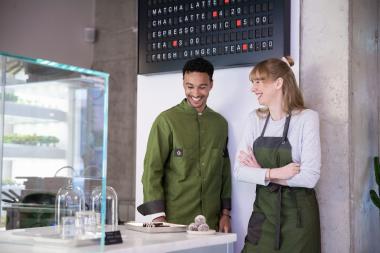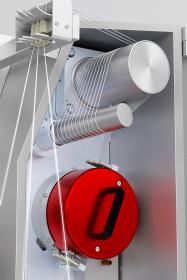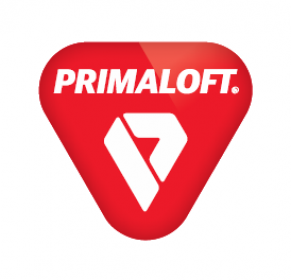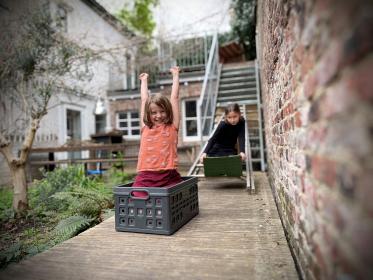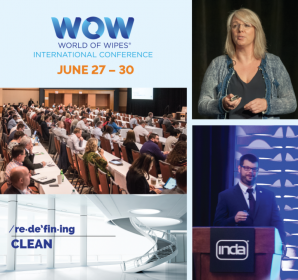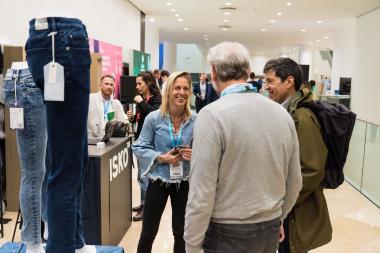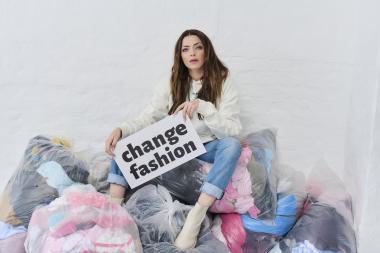C.L.A.S.S. Eco Hub launches sustainable Training
C.L.A.S.S. has taken another strategic step with Training, an educational offer made of three moments aimed at sharing valuable and practical information concerning three main areas of sustainable development. Training will be adding value to the Smart Academy offer by C.L.A.S.S., a program of events and conferences, lectures or customized training services, united by an important goal: to educate, raise awareness and inspire professionals, students and even consumers with an eye to the values of responsibility.
There are three trainings offered:
- Introduction to a new generation of fashion
C.L.A.S.S. team will introduce and explain the new generation of value-driven fashion where the fusion of design, innovation, communication and responsibility shapes an informed and competitive business, able to play both at an economic and social level. Since 2007, at the base of our philosophy is a formula: Virtuous Fashion, the one with the capital F, is the product of an integration of design (D), innovation (I), sustainability (S) and communication (C). In brief: F = D x I x S x C.
- Introduction to Smart Ingredients
What is a responsible material? How to source responsibly? Which are the latest smart ingredients that can enrich with new generation fashion collections?
During the session participant will be guided through materials available in the market, and will have the chance to have an “informed background“ of each one of the materials' journey. Conscious Choices can be made ONLY IF we have all the true full information in our hands. This training informd participant to make the best informed choice for their objectives. A simple but facts driven introduction to the key available innovative and sustainable materials: naturals, transformed and innovative where traceability, transparency, innovation, performance, responsible measurements are leading both the storymaking and the storytelling of each one of them.
- Introduction to Sustainability Report
The preparation of the company's sustainability report is a fundamental moment to define objectives, identify improvement actions, and measure its environmental and social impact. It is a job that involves the entire company team, which can transform the report into an opportunity for growth.
The package offered by C.L.A.S.S., in collaboration with Silvia Gambi, sustainable fashion journalist and podcaster of Solo Moda Sostenibile, combines training with personalized consulting with a coaching action to guide the company team in the preparation of its sustainability report, offering the necessary support to create a document that tells about the company, its values, its commitment and also its objectives.
C.L.A.S.S.


